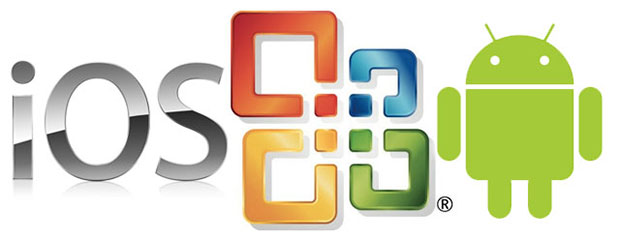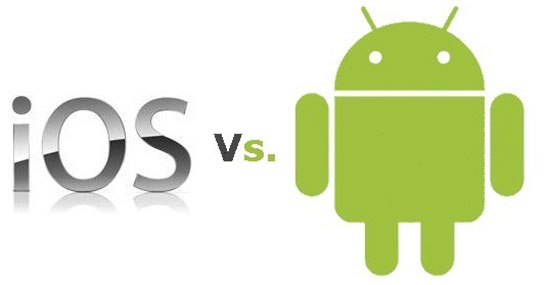Mobile devices like smartphones and tablets have become the most preferred communication and business productivity tools by employees, professionals and business owners the world over. These devices are also seen by various industry observers to surpass desktop PC, IP phone or “stupid” mobile phone use in the next five years. As tools of work process efficiency, mobile devices enjoy the liking and preference of its users owing to the fact that such tools are as capable of accomplishing professional paperwork and correspondence even while in mobile situations.
The amount of versatility and convenience that mobile devices offer simply make work easier and life much better for working professionals that their predominant makers have come to regard their consumers as primary objects of innovation. In recent years, we have seen the dominance of android and iOS tech platforms rule the mobile device trade. More and more professionals and business owners the world over use these two dominant mobile device tech platforms. Online telephone systems in use in many companies worldwide function compatibly with these two operating systems efficiently.

Same business VoIP
Android technology is open source technology and could be found in many mobile devices being sold by various brands by various carriers. It is the most widely used operating system and enjoys a huge worldwide market in the process. iOS technology is owned solely by Apple and also enjoys a large chunk of the global mobile device market. Both tech platforms are in avid contention for the market’s attention and preferences and have in many ways drawn attention and laudation for their respective innovations.
Whatever tech platform you prefer between android or iOS however proves immaterial when it comes to mobile devices having the capability to enjoy the business VoIP found in online systems and cloud-based telecoms. As matter of fact, Internet run phone systems could function compatibly with any other mobile device tech (symbian, Windows, etc.).
Mobile integration in systems
Mobile devices of various tech platforms are capable of functioning compatibly with online phone systems as parts of extended networks provided that they are specified to VoIP systems as business phone components of networks. The usual hosted VoIP system found in many companies offers mobile device integration as part and parcel of service plans being offered to companies by providers. Apps and software to enable this are commonly provided to cloud-based system owners so that they could adequately provide for VoIP for such in extension networks.
The major reasons why companies find extension networks necessary for mobile device users in the company are the following:
- Mobile agent connectivity. Companies with a lot of mobile agents in their employ need to provide their employees with the right amount of telecom access even when these people are in mobile work situations. Extending the VoIP features to mobile agents makes it easier and faster to collaborate and correspond.
- Telecommuter work processes. The emergence of a telecommuter workforce who performs their duties and accomplishes pro work not within the confines of office workstations need to be provided with VoIP systems. This enables them to work, collaborate and correspond with other office-stationed coworkers in real-time.
- Offhours connectivity. Even workstation-bound employees prefer to use mobile devices owing to the versatility and convenience it offers during offhours. Smartphones with VoIP allow them to make or receive calls from coworkers, business contacts, customers or managers even beyond the regular working hours for added productivity.
Any mobile device specified to a system directory, regardless of its operating system or tech platform, could be expected to perform satisfactorily within online phone systems. It is only a matter of choice that a mobile device user makes about specifying his/her mobile device to system or not.
